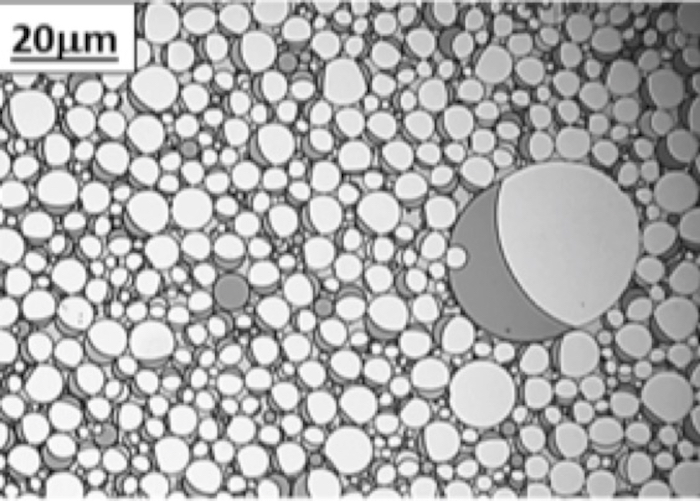
Published 2018-03-26
Keywords
- emulsion stability,
- colloidal stability,
- interfacial thermodynamics,
- janus emulsions,
- emulsion coalescence
How to Cite
Abstract
Thermodynamics has played virtually no role in traditional emulsion research, because emulsions are inherently thermodynamically unstable. The problem with commercial emulsions needing to exist with none or only small changes during use and the industrial stability problem was resolved by formulating colloidally stable emulsions, i.e. the rate of destabilization was reduced. This approach was successful for single-oil emulsions, but encountered problems for double emulsions, for which the simultaneous stabilization of several interfaces within one drop encountered difficulties. Naturally, even for such an emulsion, colloid stability is the only option to stabilize the outer surface towards the continuous phase. In fact, the destabilization by flocculation/coalescence proceeds similarly to a single-oil emulsion. But experiments have demonstrated that complex emulsions with a thermodynamically stabilized inner interface retain the individual drop topology during the process. This result opens an avenue to significantly facilitate the formulation of a group of commercially important emulsions, because the cumbersome multiple emulsion stabilization is reduced to the more trivial single-oil emulsion case.





